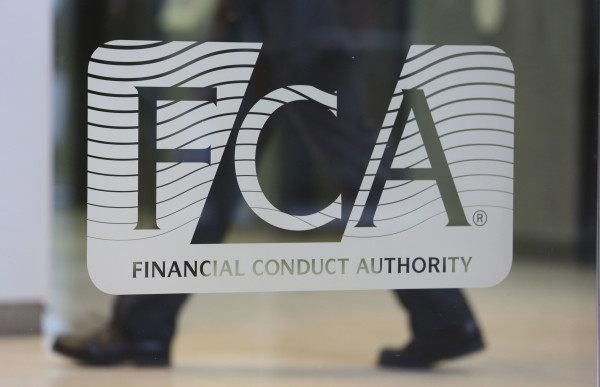
Article 4 / 4
Guide to MPS and outsourcing to a DFMWhat impact does regulation have when outsourcing?

They are responsible for overseeing the performance, maintaining expertise and investment management competence, managing all portfolios in accordance with good governance principles, maintaining sufficient higher regulatory capital and ensuring periodic reporting to clients is provided.
There are significant regulatory filings required of a DFM and the Financial Conduct Authority’s senior management arrangements, systems and controls, and expectations, overarch all elements of the investment process.
As O-IM's chief executive Lewis Hamm explains, DFMs need to ensure all investment decisions, ongoing monitoring and portfolio rebalances are well documented, well researched and auditable.
He adds: “Although the adviser is responsible for assessing suitability and the investment advice to their client, the DFM needs to ensure the solution they are offering matches the risk profile of the client and any other investment considerations that are in place.
“Investment management PI cover is typically more expensive given the risks involved when managing an investment mandate.”
DFMs are set up to be tightly managed businesses with higher capital adequacy requirements – especially where they control and hold client assets and client money.
Mike Morrow, chief commercial officer at Parmenion, says managers looking after large sums in model portfolio services are highly qualified and maintain appropriate CPD.
This entails research and learning around developing trends in investment management.
Morrow adds: “The internal risk controls on investment decisions are robust in order for the individuals with SMCR responsibility for the FCA's ‘managing investments’ permission to do so safely.
“DFMs are fully responsible for investment outcome reporting. This can make adviser due diligence considerably more straightforward as ongoing requests for data, for the adviser to consider, should be met promptly and completely.”
Consumer duty
A big piece of regulation that is set to shake up the industry is the new consumer duty, with the policy statement and final rules expected at the end of this month.
The FCA has said it wants to see a higher level of consumer protection in retail financial markets, where firms compete vigorously in the interests of consumers.
It also wants to drive a healthy and successful financial services system in which firms can thrive and consumers can make informed choices about financial products and services.
In its consultation paper, launched in December, the regulator said while it saw a range of good practice by firms in retail sectors, with firms innovating to meet consumer needs, it also saw that firms were not consistently and sufficiently prioritising good consumer outcomes.
This caused consumer harm and eroded consumer trust.
The consumer duty will require all firms to ensure good outcomes for retail customers, enabling and supporting them to pursue their financial objectives.
All parties involved in the value chain – fund managers, DFMs, platforms and advisers – will have responsibilities to ensure these principles are met.
However for advisers, given they hold the relationship with the end client, the greater proportion of the overall impact will fall on them.
Robert Vaudry, managing director of Copia Capital, says as a consequence it will be vital for advisers to select and partner with DFMs who are not only able to display their own compliance with the consumer duty, but can help advisers as required to ensure they are meeting the new standards, both at implementation and ongoing basis.
The consumer duty will be a set of principles, not rules, that require all firms in the value chain to evidence good customer outcomes and that they are acting in the best interests of the customer, not the firm.
Establishing clear reporting and access to data to help all parties to the client relationship meet these requirements will be important.
Morrow says that the consumer duty "sharpens the responsibility" on advisers to consider the nature of the outcomes that they deliver to their clients.
He adds: “Partnering with DFMs who have institutional standard investment management processes and controls is very likely to make delivery of consistent, cost-effective, risk-adjusted returns easier and more efficient than managing an in-house investment function, especially when clients become critical of investment performance and returns – a central issue in 2022.”
Hamm says advisers who outsource to DFMs are more likely to be closer to the FCA’s expectations in relation to the consumer duty already.
He says this is because DFMs seek to provide regular and accessible information on their portfolios; competition in the market has brought management fees down; and the focus on the total cost to a client is very quantifiable.
Tony Lawrence, senior investment manage at 7IM, says for DFMs there are extensive regulations in place that provide a solid foundation for acting with the best interests of the end client embedded into their proposition and business model, namely Prod and Mifid II rules.
Lawrence adds: “The consumer duty is the next step on this journey, but one that any DFM with a strong compliance culture and a client-first approach should be well-equipped to deliver.
"The adviser will need to partner with a DFM that they have confidence in to deliver on these commitments and satisfy themselves that they have appropriate reporting and oversight to ensure this continues into the future.
Ima Jackson-Obot is deputy features editor at FTAdviser





